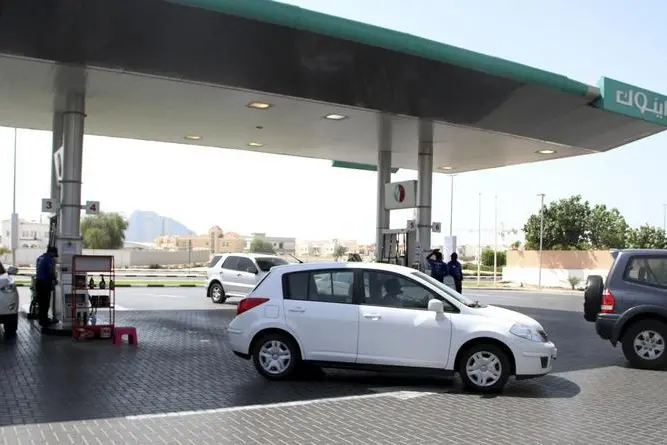PHOTO
Monday, May 30, 2016
Dubai: Lower oil prices will constrain the amount of funding available to GCC governments to finance capital and infrastructure projects which will force them to look at alternate solutions according to audit, consulting and financial advisory firm Deloitte.
“Spending in the region will need to be better prioritised in order to ensure it meets social and economic development. Governments will have to seek for the private sector involvement, innovate and find alternative funding sources to fund their project requirements,” said Cynthia Corby, Audit partner and Middle East Infrastructure and Capital Projects leader at Deloitte.
Shrinking banking sector liquidity and rising funding costs are expected to increase cost of bank funding for projects across the GCC. Overall bank liquidity in the Gulf region started to weaken visibly from the second half of 2015, and the trend is expected to continue this year.
According to Deloitte’s Middle East Powers of Construction report, the announced country budgets for 2016 outline cuts on spending imposed by low oil prices, but in a measured way, as well as the introduction of new income sources. Saudi Arabia (KSA) is planning to reduce spending by 11 per cent this year to$227 billion. As part of its Vision 2030 plan, the country aims to increase overall non-oil government revenue from SR163 billion ($43.5billion) to SR600 billion by 2020, and to SR1 trillion by 2030.
Privatisation of government services to encourage private sector investments — both local and international — in health care, housing, finance and energy sectors were announced as a key focus area for KSA. The country has gradually cut energy subsidies and increased energy prices to raise income.
The UAE, the most diversified economy among the GCC countries, is set to register the first current account deficit in decades, which is expected to widen to Dh129 billion this year. The IMF has urged the UAE to pursue growth-enhancing reforms and advance economic diversification. In 2015, fuel subsidies were eliminated which has produced significant savings.
Abu Dhabi has urged private participation in investments in community facilities such as community markets, public parks and public car parks. In November last year Dubai Dubai’s Law No. 22 of 2015 Concerning Regulating Partnership Between the Public and Private Sector (the PPP Law) came into force. The new law is expected to increase investments through PPP model.
Kuwait introduced a new PPP law in March 2015 while Oman is preparing regulations to enable the use of PPPs to develop major infrastructure and housing projects in Qatar, the potential for PPPs is significant, considering its $125 billion infrastructure investment program to support its National Vision 2030 economic development plan.
Saudi Arabia’s aviation sector set a regional precedent by using a PPP for the development of the $1.2 billion Prince Mohammed bin Abdulaziz airport in Medina. The Kingdom is now pre-qualifying developers and investors for a second airport PPP in Taif.
The pressing need to adjust budgets across the GCC might have a negative impact on the projects market resulting on slower tender processes, slower decisions and payment procedures. The pipeline of projects planned in the GCC as of May of 2016 amounts to$2 trillion with Saudi Arabia and the UAE as the biggest project markets, with construction and transport being the two leading sectors with shares of 52 and 19 per cent, respectively.
By Babu Das Augustine Banking Editor
Gulf News 2016. All rights reserved.





















